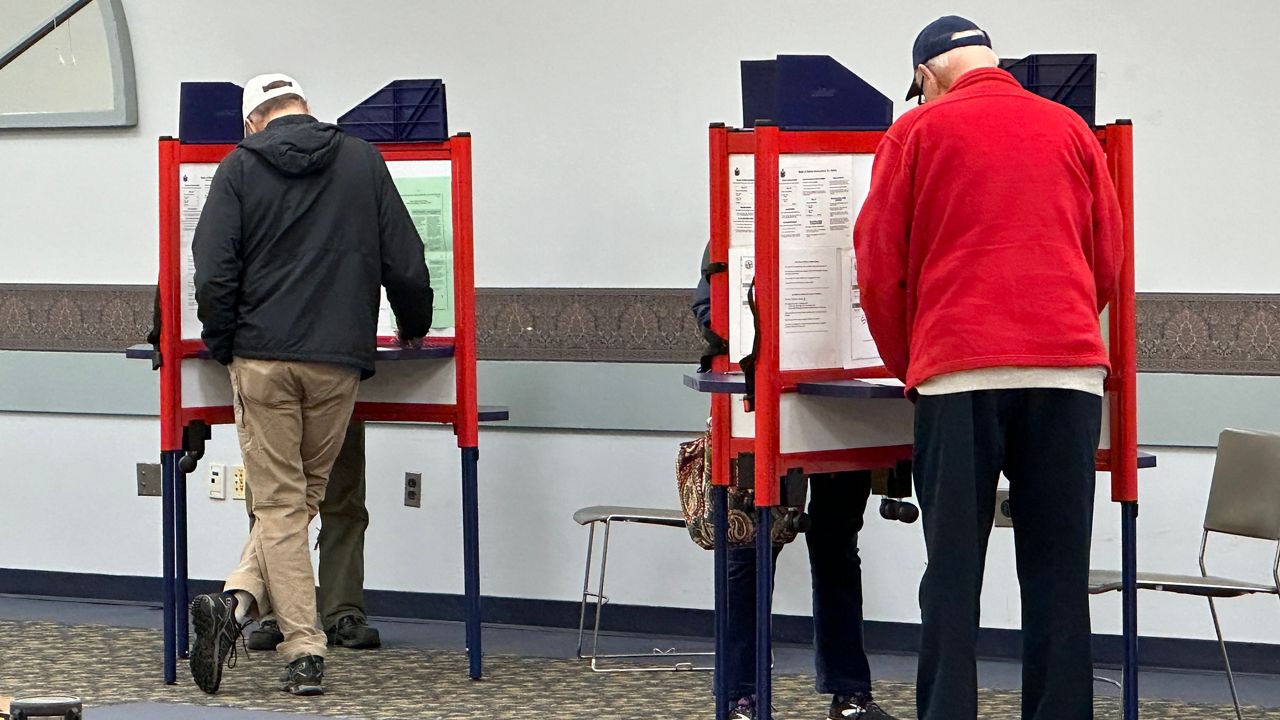An effort to allow Maine to join other states in changing the way the country chooses its president will become law without the governor’s signature.
Gov. Janet Mills said Monday she sees both sides of the issue when it comes to “An Act to Adopt an Interstate Compact to Elect the President of the United States by National Popular Vote.”
The bill passed the House 73-72 and the Senate 18-12.
In a statement released Monday, Mills said she examined the issue for 10 days before deciding to let the bill become law without her signature. A governor can sign, veto or let a bill become law without signing it.
Under the compact, all of the state’s electoral votes are awarded to the presidential slate with the most popular votes in all 50 states and the District of Columbia.
So far, 16 states and D.C. have agreed to join the compact, representing 205 electoral votes.
But more states need to join to get to 270 electoral votes so the system can be used in presidential races across the country.
Mills said opponents raised “legitimate questions” about whether presidential candidates would continue to visit Maine with only four electoral votes at stake.
But she also considered supporters who pointed out that “two of the last four presidents were elevated to the highest office in the land despite having the support of fewer Americans than their opponent.”
“Some argue that this measure would dilute the influence of rural voters, although this measure ultimately would provide that each vote carries equal weight, whether the voter is a rural, urban or suburban resident, and thus create greater equity among voters,” Mills said in a statement.
She also indicated that she doesn’t see the new law as “irreversible” because it won’t take effect until several other states enact the law. It also will not affect this year’s presidential election.
Republicans have been vocal in their opposition.
In a statement issued April 2, Maine House Republicans criticized Democrats for supporting the switch away from the Electoral College.
“The votes of large states with major cities like California and New York will now dominate our Presidential elections at the expense of smaller, rural states,” the GOP said. “If Mainers vote for a different candidate than the candidate winning the national popular vote, state electors will be bound to vote for the popular vote winner.”



